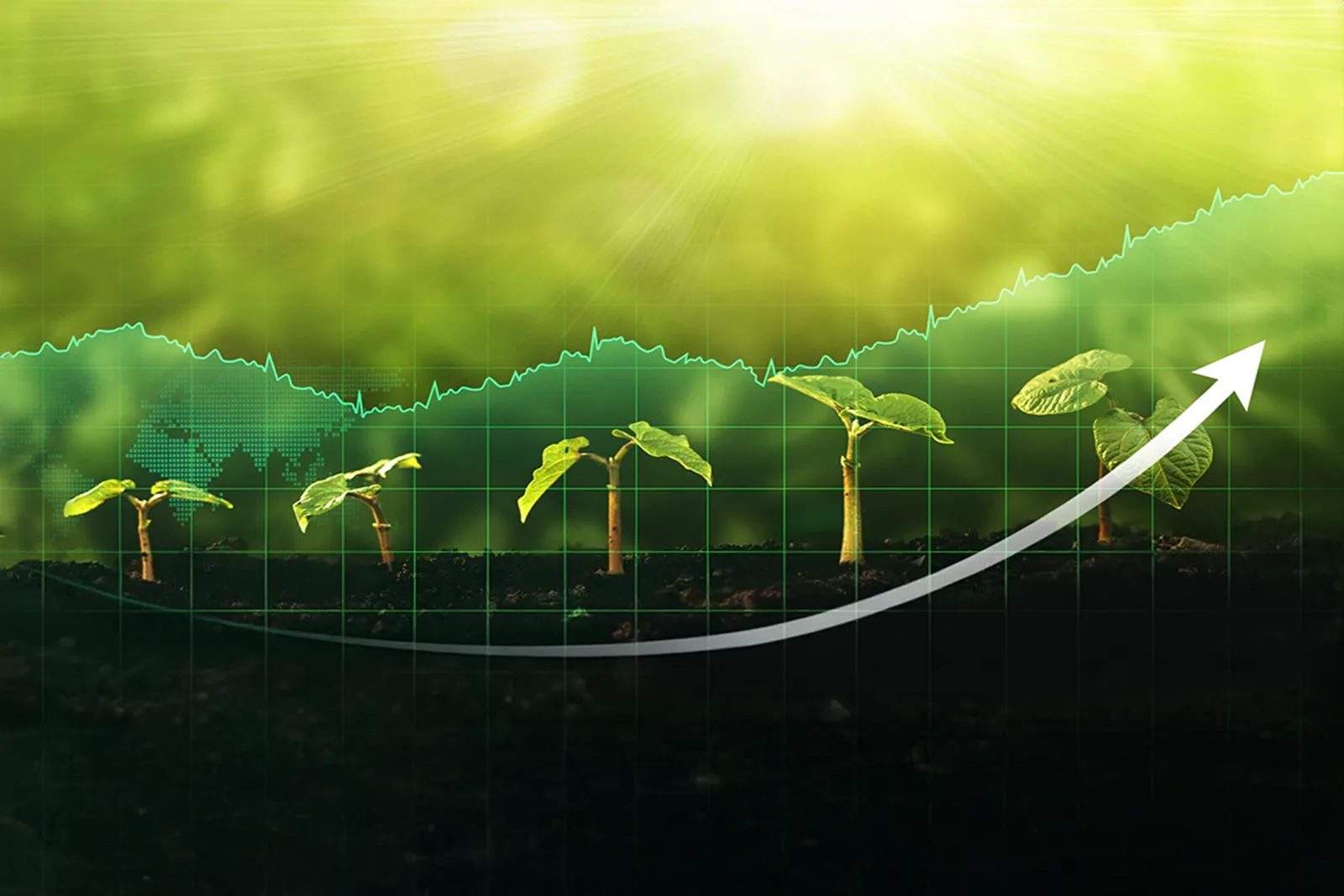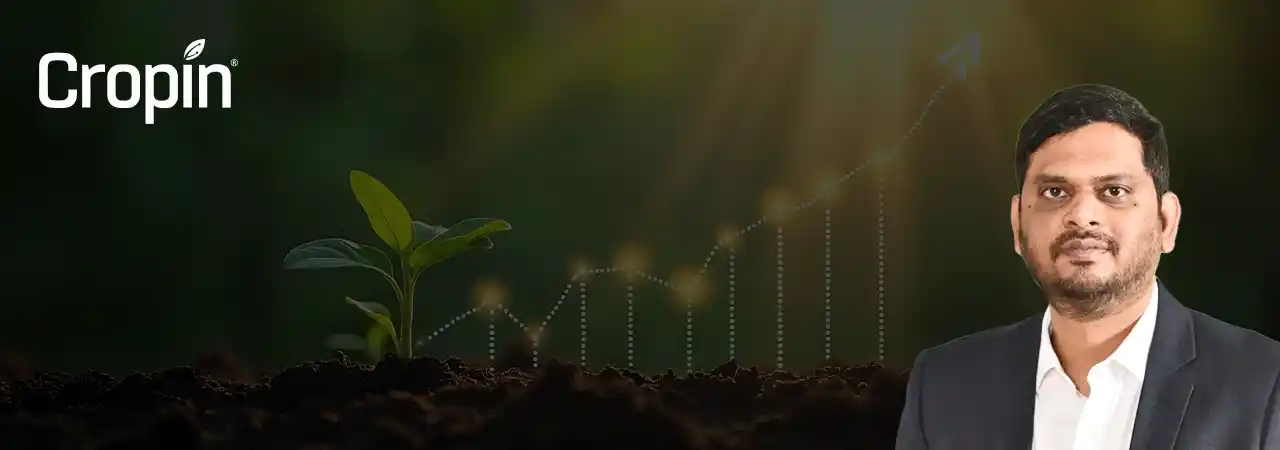As arable land shrinks with the development and expansion of urban areas, farmers try to balance it with increased usage of agri-input resources to improve agricultural productivity. Excess use of fertilizers, pesticides, and other toxic farm chemicals can pollute water sources, soil, air, and marine ecosystems. They remain in the environment for a long duration and pose a health hazard for humans and wildlife. In this way, agriculture has become one of the leading sources of pollution in many countries. There are multiple ways agriculture negatively impacts the environment, such as stubble burning.
Negative impacts of agriculture on the environment
- Changes in land use: Agriculture is a major cause of deforestation. Forests are cut down or burned to clear land for farming and crop rotation.
- Pollution due to overuse of agri-input resources: Excess use of agri-input resources (like fertilizers and pesticides) leaches into water and soil. It can destroy the delicate ecological balance of habitats and affect biodiversity.
- Loss of topsoil: Unsustainable farming practices cause loss of fertile topsoil and erosion. The land is rendered infertile, resulting in a loss of agricultural productivity and desertification.
- Water conservation: Agriculture consumes about 70 percent of the earth's freshwater, says the Food and Agriculture Organization, maybe more in farming-intensive countries. It also adversely impacts freshwater systems.
- Contributes to climate change: Agriculture significantly contributes to greenhouse gases and climate change, with agriculture residue burning, methane release, etc. Additionally, clearing land for agriculture leads to the release of carbon stored in forests.
Therefore, it is important to be mindful of the negative impact that farming can have on the environment and look for ways to mitigate damage. The world must implement sustainable agricultural practices for soil health improvement and water quality, encourage biodiversity conservation, protect watersheds, preserve and restore critical habitats, and adopt practices based on climate-smart agriculture.
Technology and data enable precision agriculture drive towards sustainable farming
Precision agriculture leverages digital farming technologies to efficiently use land, water, pesticides, fertilizers, and fuel to enhance sustainability as listed below:
- Crop and soil sensors, maps, GPS, and yield monitors use variable rate technology to determine application doses of seeds, fertilizers, or pesticides to optimize use of agri-input resources
- Auto-guidance technology steers equipment used for tilling, planting, spraying, and harvesting to avoid overlap, thereby reducing labor, time, and materials
- Cut down fuel consumption and increase asset utilization through real-time monitoring of equipment using machine and fleet analytics
- Precision irrigation allows different areas in fields to be irrigated with different amounts of water, which improves water management without affecting crop performance
- Agriculture accounts for 15%-20% or more of global greenhouse gas (GHG) emissions. Satellite farming and remote sensors are used to monitor and control deforestation, methane emissions during rice cultivation, and agricultural residue burning, which are some significant contributors to GHG emissions










